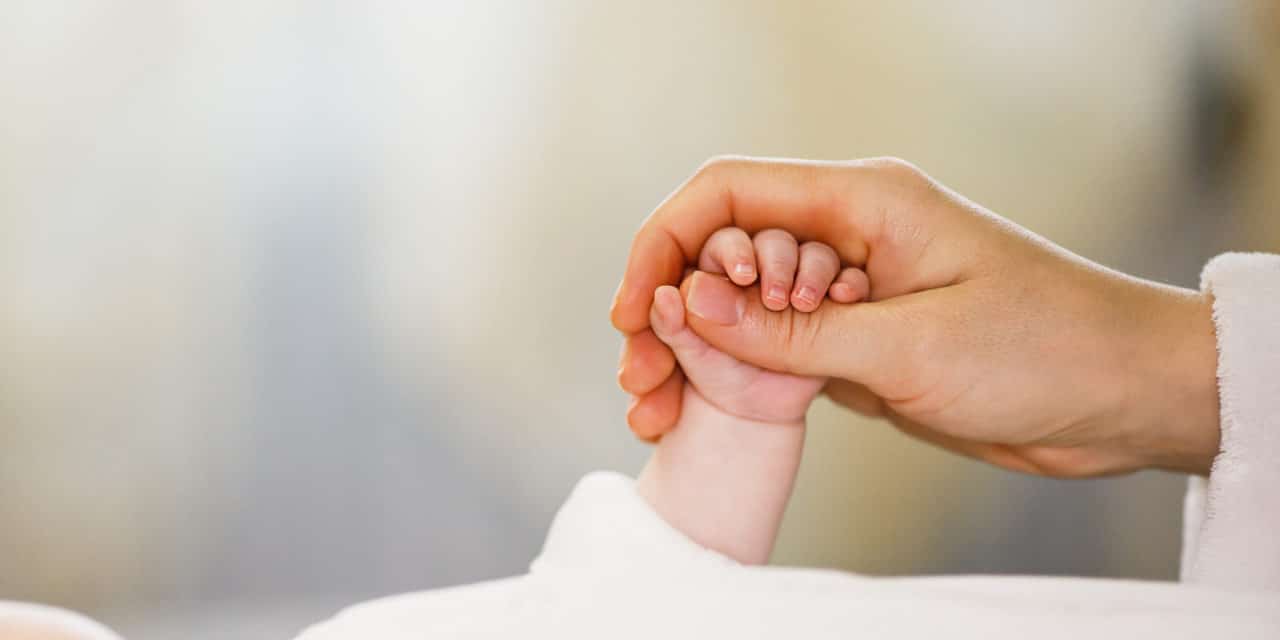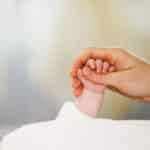For some years now, we are no longer surprised — or at least less surprised — by the news of women who have given birth to children after the age of 45 or older. Brigitte Nielsen, Janet Jackson, Cameron Diaz, Naomi Campbell and Halle Berry are just a few examples. In Spain, the motherhood of celebrities such as Anne Igartiburu, Sofía Mazagatos and Ana Rosa Quintana has been the subject of tabloid headlines.
This is an increasingly common phenomenon, and not just among celebrities. According to data from the Spanish National Statistics Institute (INE), the percentage of women in the EU who become mothers from the age of 40 has doubled in the last 20 years. Spain is one of the European countries with the highest proportion of mothers over 40: in 2022, they already accounted for 11% of all births.
Thus, delayed motherhood has become almost commonplace and is accepted as normal. Biologically, however, it is not, as it is obvious — or at least assumed — that most women after the age of 45 have become pregnant with the help of assisted reproductive technology. This is because women’s reproductive capacity begins to decline progressively and rapidly after the age of 35.
According to statistics, the chances of becoming pregnant naturally are less than 5% at the age of 40, less than 2% at the age of 42, and not even 1% after that. Moreover, even in the case of a successful pregnancy, there is a higher risk of miscarriage and of the baby being born with chromosomal abnormalities. This is because reproductive performance is low at this stage of life. The quality and quantity of eggs are lower, and errors in cell division and multiplication processes during embryonic development are more common. In fact, from the age of 39–40 years onwards, more than half of the embryos may have chromosomal abnormalities. It is therefore advisable in these cases to carry out a specific screening for chromosomal abnormalities.
Nowadays, however, most women of this age feel physically and mentally ‘young’ and consider that they are in a good personal position to face motherhood. This fact, together with other social, professional and economic reasons, has led to an increase in the number of women choosing to become mothers at an advanced age, which will likely continue to rise in the coming years.
This reality is a challenge, especially if we take into account that many women mistakenly believe that with medical help they will have no problem conceiving at 40 or even a few years after that. Not only is it more difficult to become pregnant at 40, even with the help of assisted reproductive technology, but the risk of miscarriage and complications during pregnancy and childbirth is also higher. So, the question is: to what extent is it reasonable to delay motherhood? And at what age should a limit be set?
At the medical level, although there are no regulations that impose an age limit, there is an international consensus among the various scientific societies that the limit is 50 years of age, both because of the risks to the mother and the baby.
However, the real limit, rather than the mother’s age, is the age of the eggs and, of course, their quality. ‘The quality of eggs deteriorates with age. This is why women who become pregnant at an advanced age achieve it through egg donation treatments or by preserving their own eggs before they lose quality’, explains Dr Pilar Prats, Director of R&D&I in Clinical Obstetrics at Dexeus Mujer.
In short, what matters most is that women are well informed about the ideal age for having children, the age at which female fertility begins to decline, and their real chances of becoming a mother. It is therefore essential to ask your gynaecologist to assess your ovarian reserve when you are young (between the ages of 25 and 30). It is a very simple test that can be done during your annual check-up.
It is also important to remember that if you are unable to conceive naturally after 10–12 months (if you are under 35) or 6 months (if you are over 35), you should see a fertility specialist for an assessment. After this age, time is another key factor.
Finally, if for some reason you need to postpone having children, you should be aware that it is advisable to preserve your eggs before the age of 35 to obtain higher-quality eggs with better reproductive potential.















